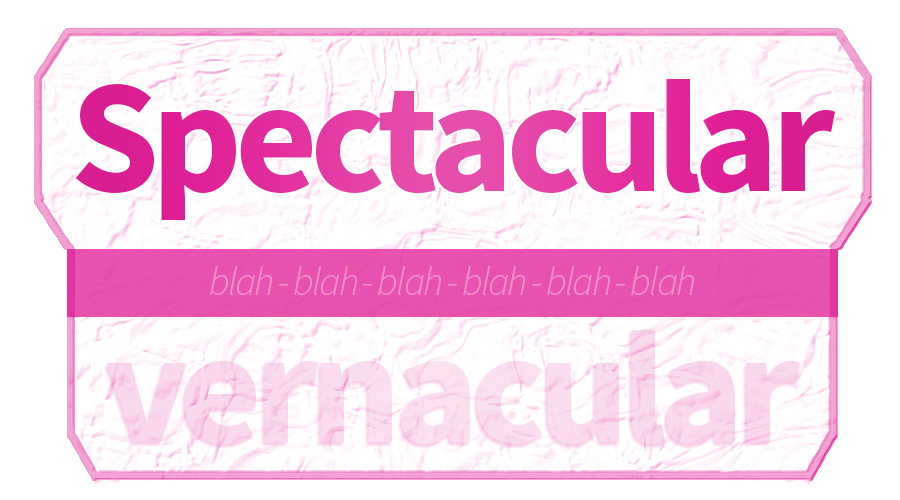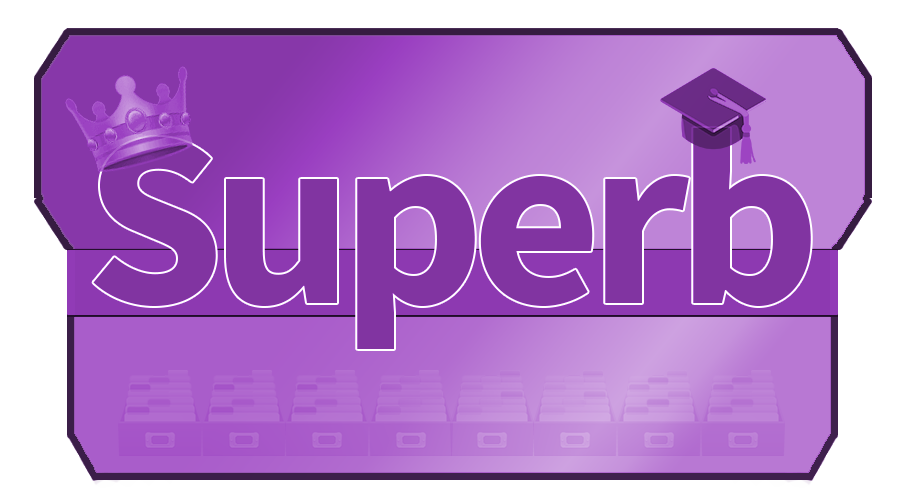LA/RC 105 | 0G : Black English is a Rich Part of American Speech
You would not be surprised to hear, say, your local judge use one style of speech as a participant in a neighborhood softball game, another when he’s on the bench, and a third when he offers a prayer at church.
Linguists call it ‘code-switching,’ the ability to change from one language style to another, as circumstances dictate. It’s what most successful adults do without thinking about it, and it’s what most of us – including the parents at Burnt Mills Elementary School – want our children to learn.
But Burnt Mill, in suburban Montgomery County, Md., is Trying to accomplish a specific type of code-switching: to teach black children to shift easily between the ‘Black English’ that many of them speak and the more formal dialect of the classroom, the public forum, and the personnel office. For some black parents, it’s too specific for comfort.
Too Specific for Comfort
Their objection is less to the idea of having children learn Standard English than to having them singled out on the basis of race for the voluntary program. The letter announcing the after-school program went only to parents of the school’s black fifth graders. The creators of the experimental project, a group o minority speech and language pathologists, believe that it makes more sense to work with students who speak more or less the same informal language rather than include white or foreign-language speakers, who may have different problems.
But for some parents, the singling out suggests racial insensitivity
‘Clearly I think all youngsters in this society need to be taught the standard language,’ Hanley Norment, president of the Montgomery Chapter of the NAACP, said. ‘otherwise, they cannot be meaningfully employed as they grow up. But the assumption (at Burnt Mills) was that all black kids obviously have a problem with the language and that their parents undoubtedly do, too, so we’ll just use a broad-brush approach rather than sensitively look at the needs of each child.’
It’s a good point, and other schools participating in the countywide experiment have used different methods of recruiting participants.. One principal, for instance, sent letters to parents of 11 children whom he thought could benefit from the program.
Recruiting methods aside, the Montgomery County program makes a good deal of sense, both in its conception and in its approach. ‘Many black students come to school speaking the language that is an important part of their rich Afro-American culture, commonly referred to as ‘Black English’ said the letter sent out to the Burnt Mills parents. ‘However, the school and the work setting use a language that is more formal – referred to as ‘Standard English.’ The challenge is for our students to learn to move between ‘Black English’ and ‘Standard English’, and speak them both successfully, thereby increasing their school career opportunities.’
The program uses drama, music, art storytellers, and tape recordings to drive home the appropriateness of different speech styles for different occasions. It carefully avoids suggesting to the children that they need to rid themselves of their informal speech patterns, focusing instead on the need to acquire the more formal style as well.
There’s no doubt in my mind that the program, if successful, could make a profound difference, not just in the future employment but also in the present-day academic achievement. I suspect that much of the ‘culture bias‘ of standardized tests is in fact language based. Children uneasy with the language of the testing may find it difficult to answer questions correctly even when they know the material. Reading is more difficult when the material to be read is in an unfamiliar language style, and difficulty in reading may lie behind sub-par performance in everything from Engish to mathematics. Nor do I doubt that children who are fluent in Standard English feel smarter and, as a result, learn more easily.
The question is whether there is anything race-specific about these general notions, or whether, as some black parents have argued, code-switching skills should be taught to all children.
My view is that both notions are correct. There’s no question that too many children of all races are leaving school with less-than-adequate competence is reasoning, problem-solving, and communication – all language related. Nor is there any doubt that as part of the problem is race-specific – that the limitations of ‘Black English’ cross bounds of geography and social class.
Convey Skills, Not Faults
What might make sense is for children to be given the opportunity to begin their specialized-language instruction in classes in the standard dialect. However, it’s done, though, the important thing is to give the youngsters an important skill, not to convey the academically crippling notion that there’s something wrong with them.





























